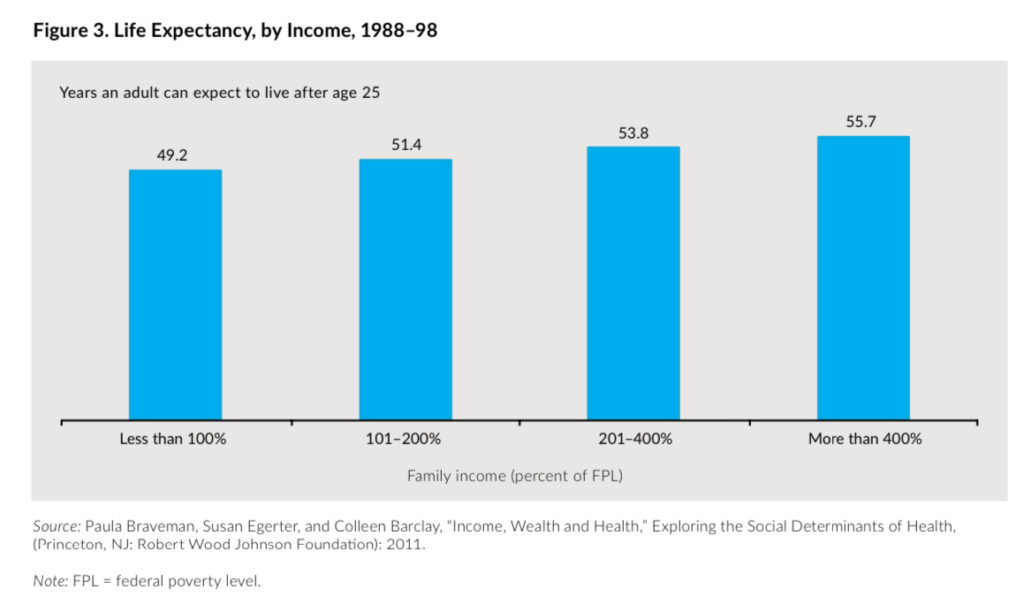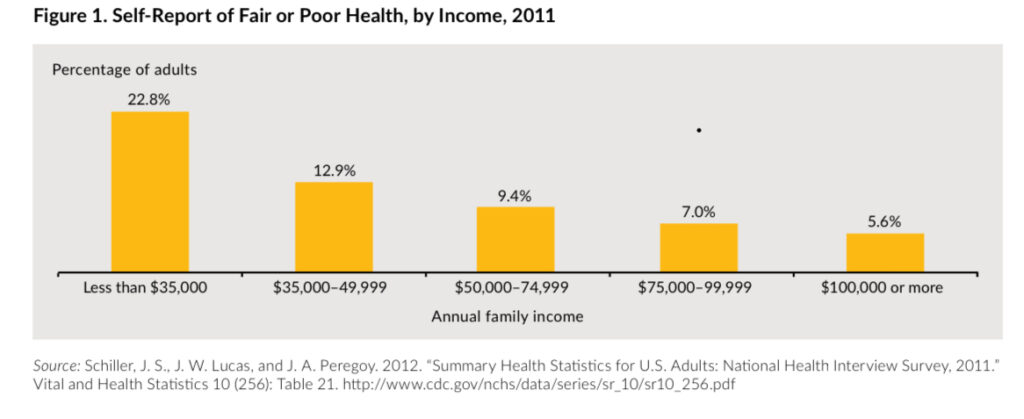
hjfhghgfggf
hfgggfghf
My mom always spoke about the importance of good health. That information has stayed with me my entire life. But, recently I considered whether or not there is a direct correlation between health and wealth.
The phrase “health equals wealth” suggests that good health is as valuable as financial prosperity, emphasizing the importance of well-being over material wealth. It implies that being healthy is a form of richness in itself, encompassing physical, mental, and emotional wellness. True wealth may be found in the state of one’s health and overall quality of life.
Hu
That’s a Profound Statement But, Is There a Correlation Between Wealth and Health?
During my fourth year of dental school, the emphasis was primarily on students increasing their clinical knowledge and proficiency. This meant less time spent studying and more time spent in the clinic. It also meant that after three years of virtually no free time, there were holes in the clinical schedule that allowed for other activities.
I decided that it was time for me to get back in shape. I started running the levee directly behind my apartment. For those who don’t understand what a levee is, think of a bowl with the rim of the bowl representing a levee. Levees in New Orleans keep the water out, as much of the city lies below sea level. According to Wikipedia: “New Orleans was built on a marsh. Unlike the first two centuries of its existence, today a little under half of the modern city sits below sea level. The city is surrounded by the Mississippi River, Lake Pontchartrain to the north, and Lake Borgne on the east.”
The Levee provided a stable and untraveled path to exercise on. To say that my stamina had decreased would be kind. I had no stamina! I couldn’t run one-half mile without stopping. Gradually I was able to increase both distance and speed. By the time I graduated from dental school, I could run ten-mile stretches. I was probably in the best shape of my life and during the three-week period between the completion of my dental licensing exam and the securing of my dental license, as I routinely ran ten or more miles each day. Since I had nothing better to do and couldn’t practice dentistry without a license, I ran! Once I secured my license to practice I started working, but still carved out time each day to exercise.
This is not a case of wealth equaling health, as I had very little money. The key takeaway here is that I had no money, but I understood the value of health! But, having money doesn’t automatically equal good health. This is evident in the life and death of Steven Jobs.
Steven Jobs (the co-founder of Apple, Inc.) died of complications of pancreatic cancer at age 56 in 2011. At the time of his death, his net worth was 10.2 billion dollars! For Steve Jobs, wealth did not equal health!
jghjhjg
Wealth and Lifespan
When income is used as the main determinant of well-being, it discounts the differences in people’s health that normally occur with aging. Having a good income creates a sense of economic well-being, but is not a good indicator of physical well-being. Health has a big impact on the quality of life, regardless of the amount of annual income of a person or couple.
As a general rule, rich people tend to be healthier than less affluent people. They tend to receive better preventive care and earlier and better acute care. The more affluent have a lower risk of heart disease, diabetes, cancer, and asthma. A study of wealthier people in the U.S. and England found that the wealthier live longer (approximately eight to nine years.)

Health as a Predictor of Wellbeing
Money is a simple metric that is often used to measure well-being. I would propose that Health is a better metric, although much harder to measure. It’s a relatively straightforward process to create a Net Worth statement, which is a good measure of wealth. Measuring health is more problematic due to its multifactorial nature.
Other authors have proposed that the economic indicator GDP (Gross Domestic Product) be replaced by a Gross National Happiness index which would include income, living standards, health, education, culture, and psychological well-being. It’s my feeling that if we can all quit fixating on Net Worth and start focusing on health and well-being, our personal Happiness and happiness as a nation will increase.
fujfgjgjhffg
Health and Education
I was lucky that I was able to receive an excellent education. My occupation as a healthcare provider has afforded me the opportunity to increase my knowledge in all areas of health and nutrition. Dentists tend to be more health and prevention-focused than other areas of healthcare, which are more solution and treatment-focused.
The dental profession has made a concerted effort to educate the public about the benefits of preventive dental care. I’ve seen the positive results of reduced dental disease and significant money savings created by the reduction of dental restorative treatment.
Not only is there a correlation between wealth and health. There is a correlation between health and wealth. In my dental practice patients who maintained optimal dental health were able to save thousands of dollars in unneeded dental restorative treatment. Healthier people require less medical treatment, and consequently, spend much less on healthcare which provides more free cash for wealth creation.
In general, more highly educated people generally have a better health IQ, tend to place a higher priority on health, have a healthier lifestyle, and live longer.

hfhfhghfg
Health, Wealth, and Lifestyle
Current research indicates that there is a direct correlation between health and lifestyle that is directly attributed to income and wealth.
Less affluent people tend to sleep less, and that sleep may be adversely affected by environmental factors such as noise or pollution.
More affluent people have access to more food options and sufficient income to pay for healthier food choices. Less affluent people tend to gravitate towards cheaper, more highly processed, less nutritious, and calorie-dense foods. These less healthy food choices take their toll on health over longer time periods. Less affluent people generally have less recreational time. This population group tends to place less value on exercise and exercises less regularly.
fhjhhfhghgf
Other Effects of Income Disparities
Many low-income individuals don’t have the financial capability to escape low-income housing areas. These areas tend to have a greater degree of environmental pollution with higher noise levels, and lower air quality. Infants born in low-income housing areas tend to have a lower healthcare utilization rate and a higher infant mortality rate.
jfjjf
Final Thoughts
The evidence, though not concrete, is highly suggestive that there is a direct correlation between health and wealth. Wealthier individuals tend to live longer and healthier lifespans. Less affluent people tend to have poorer diets, live in less desirable areas, and utilize Healthcare facilities less than their neighbors in more affluent neighborhoods.
Being wealthy doesn’t automatically secure health. You still have to put in the reps and do the necessary work to create a healthy life!
But, being more affluent gives you a better launchpad.
Wealth and education go hand in hand and provide better health opportunities.
So my short answer is that there is a definite correlation between health and wealth.
I get a little fuzzier about how to handle the health disparity between the affluent and the less affluent. Increasing the level of health education and health awareness would be a great start.
Giving people more money without providing the knowledge of the best use of those dollars is a fool’s errand. Unfortunately, our government’s answer to many problems is to throw more money at the problem without providing workable solutions.
Increasing health education at specific touchpoints, such as medical and dental offices is effective, but limited to the patients treated in the practice.
Education is the real key, but can only be effective if the pupils value the lessons that are offered. In addition to the educational opportunities, schools must strive to create value and practical applications for the lessons learned.
This problem of educational value has been an ongoing problem in the United States for many years. Unfortunately, there is no easy or quick answer to this societal problem.
nbbhf
If you’d like to be a part of a free online retirement community, join us on Facebook:
COMMENTS